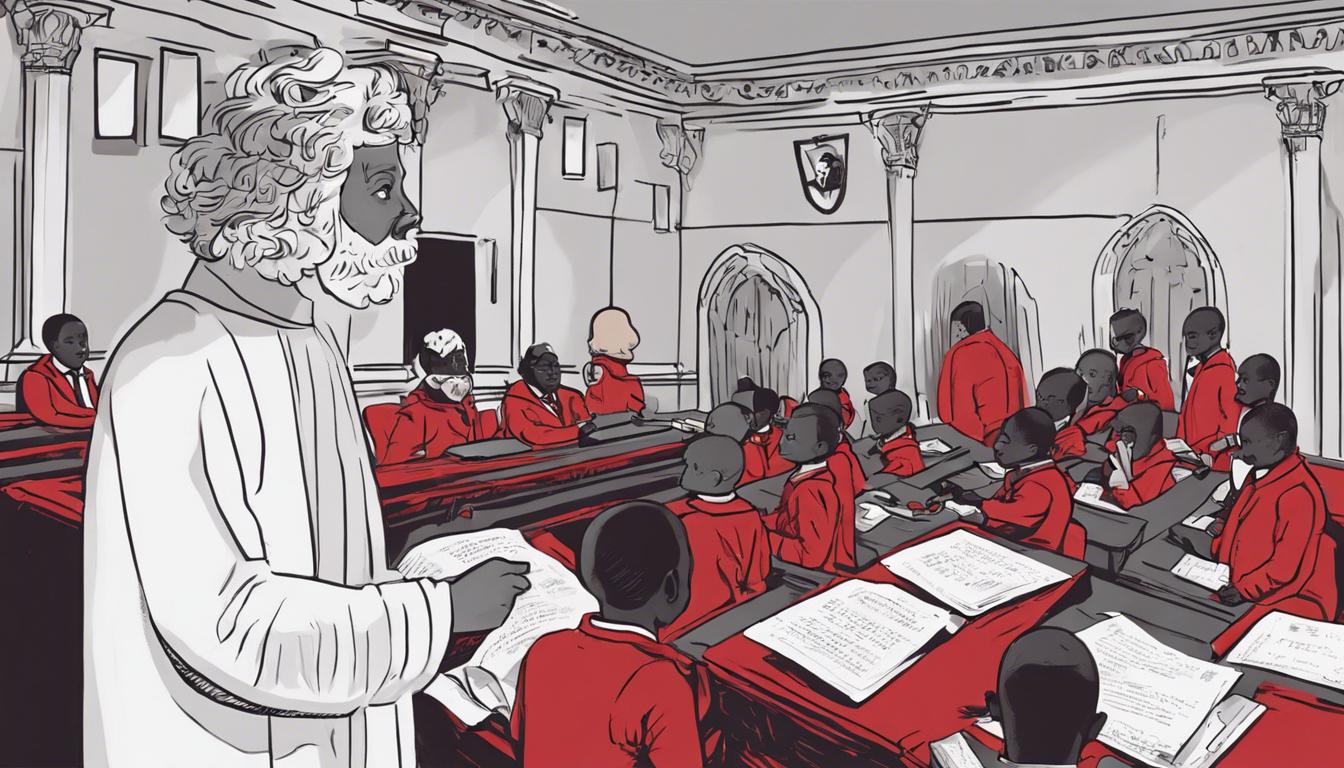The Rwanda Bill, aimed at relocating asylum seekers, encounters legislative obstacles, while Welsh schools support pupils’ gender transitions without parental consent, sparking debate on human rights and child safety.
In recent developments within UK legislative and educational spheres, the Rwanda Bill, aimed at sending asylum seekers to Rwanda, faces hurdles in the House of Lords, while Welsh schools’ approach to supporting students through gender transitions without parental notification has come to light.
The proposed legislation for transferring asylum seekers to Rwanda has encountered significant resistance in the UK Parliament. The House of Lords, an unelected chamber, continues to challenge the government’s efforts to pass the Rwanda Bill, emphasizing the need for judicial oversight and compliance with international law. Key amendments being pushed by the Lords include the protection of vulnerable groups such as unaccompanied minors and victims of modern slavery. Despite attempts by Members of Parliament (MPs) to reject these changes, the Lords remain steadfast, leading to a parliamentary deadlock. With the ongoing tug-of-war, the bill’s progress is stalled, showing no signs of resolution before the Easter break. Home Secretary James Cleverly accuses the opposition, led by Shadow Home Secretary Yvette Cooper, of hindering the bill’s passage, which she criticizes as a costly and ineffective measure.
Meanwhile, in Wales, a Freedom of Information request has unveiled that the majority of Welsh schools do not inform parents if a pupil expresses a desire to transition gender. Of the 68 schools surveyed, all stated they would support a pupil’s gender transition, but only 28% would notify parents of such a decision. This revelation has prompted discussions on the role of schools in students’ exploration of gender identity and the need for parental involvement. The Welsh Government is in the process of developing national guidelines to address these issues, aiming to strike a balance between inclusivity and safety in educational settings. Merched Cymru, a Welsh women’s group, has raised concerns regarding child safety under current practices. A public consultation on the forthcoming draft trans guidance is expected to engage stakeholders in the coming months.
These two distinct scenarios reflect ongoing discussions regarding human rights, safety, and the integrity of processes within the realms of asylum seeking and education in the UK.













